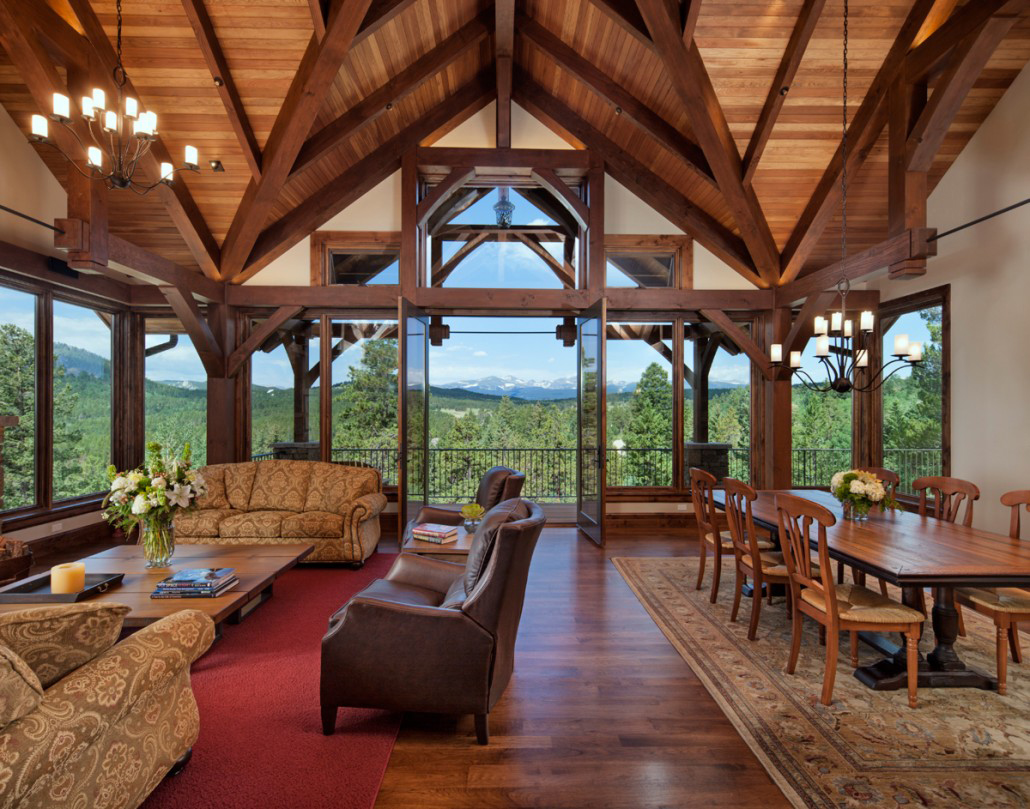With energy prices on the rise, many families are investing in energy-efficient homes. Featuring thermal-resistant construction materials as well as features to reduce and conserve energy, they've become increasingly popular in recent years. If you're planning to build an energy-efficient home, however, there are a few things you should consider.
Lighting
What type of lighting will your home use? There are three primary types from which to choose, including incandescent, compact fluorescent lighting (CFL) and light-emitting diode (LED). Although incandescent is the cheapest, it's also the least energy efficient. As explained by Green Is Better, CFL bulbs are 70 percent more energy efficient and last for six times longer than their incandescent counterpart. LED bulbs are even more efficient, and they last for 17.5 times longer than incandescent bulbs.
Water Heater
Statistics show that heating water accounts for up to 25 percent of the average home's energy usage. You can reduce the amount of energy your home uses to heat water by investing in an energy-efficient water heater. Avoid traditional gas-powered water heaters as less than half of the fuel energy is properly converted to heat. Instead, choose a heat pump, tankless gas or high-efficiency gas storage water heater for your home.

Energy-Efficient Frame
The frame of your home will affect its energy usage. If it's made of cheap materials with poor insulation value, thermal energy will escape, thus increasing your home's energy usage when cooling or warming the interior. Timber is arguably one of the best framing materials for creating an energy-efficient home. Not only is it natural and renewable, but it also minimizes thermal energy loss. Some timber frames are even designed with an insulated core to achieve a higher level of energy efficiency. Look for timber frame house plans if you're interested in building an energy-efficient home.
Windows
Windows affect more than just the aesthetics of a home; they also affect its energy usage. Windows with low-emissivity coatings reduce thermal energy loss by up to 50 percent. Featuring a thin, nearly invisible layer of metallic compounds, they reduce the rate at which thermal energy -- warm air or cool air -- escapes your home. Double-pane windows are another energy-efficient upgrade to consider for your home. Instead of a single glass pane, they feature two glass panes, which are usually separated with gas.
Keep in mind that the frame of your home's windows can affect its energy efficiency as well. Wood frames offer a high insulation value, but they are also susceptible to moisture damage if not properly sealed. Fiberglass frames are a popular alternative, however, as they are both waterproof and energy efficient. Other common materials used in window frames include aluminum, composite and steel.
HVAC
Finally, consider the heating, ventilation and cooling (HVAC) technology used in the home. According to the Department of Energy (DOE), climate control accounts for 48 percent of the average U.S. home energy usage. This means roughly half of your home's energy bills goes towards heating and cooling.
When building a new home, choose an energy-efficient HVAC system. A system's cooling efficiency is reflected by its Seasonal Energy Efficiency Ratio (SEER) whereas its heating efficiency is reflected by its Heating Seasonal Performance Factor (HSPF). Generally speaking, the higher the ratings, the more efficient the HVAC system. In addition to a high SEER and HSPF rating, look for a unit with the ENERGY STAR logo. According to the DOE, replacing an old air conditioning unit with a new ENERGY STAR model can reduce your home's cooling costs by 30 percent.
Building an energy-efficient home requires thorough planning. If you're willing to put forth the time and work, however, you'll find it's a smart investment that lowers the cost of your monthly utilities.







